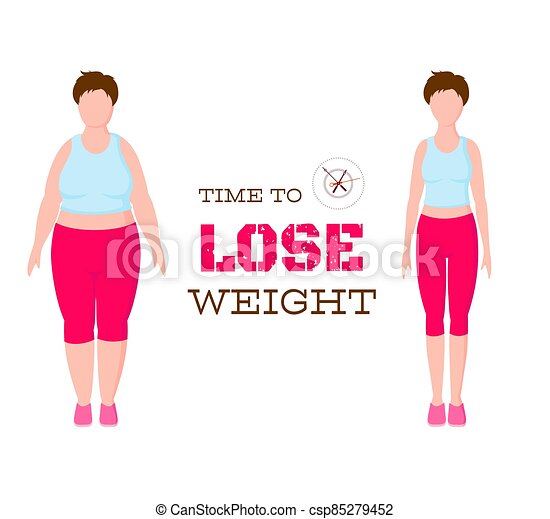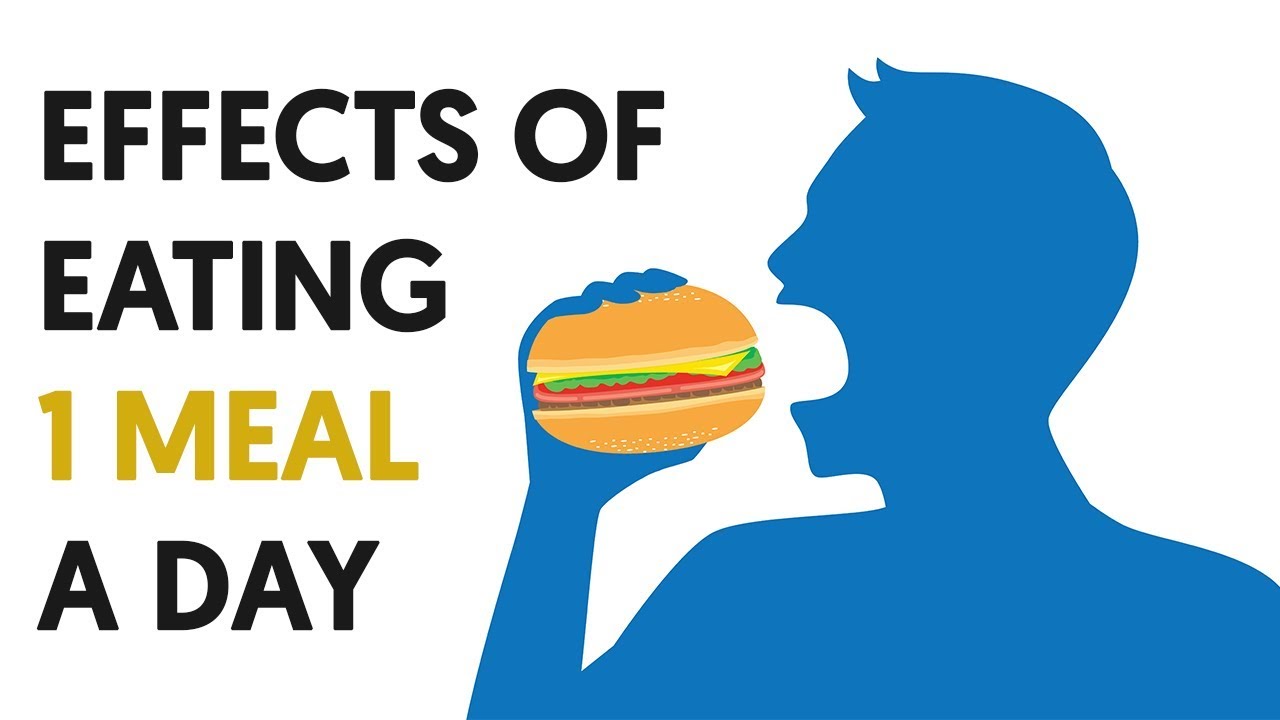
HIIT, or high intensity interval training, is a high-intensity exercise that increases your metabolism and improves anaerobic performance. As a result, you will experience an increase in your post-exercise energy exp (also known by Excess Post-exercise Oxygen Consumption). Some studies have shown that HIIT burns far more calories than a 40 minute run.
HIIT burns calories faster than a 40 minutes run
HIIT is less stressful than regular exercise. HIIT is easier to maintain than long runs or walks. It is also more efficient than long runs or walks and can burn more calories per hour. It is possible to maintain high intensity for 20 seconds, making it a popular choice for busy people. This method is more efficient than running or walking for 40 mins.

It increases anaerobic performance
HIIT, a cardio workout that uses glucose stored in the muscles to fuel it's activities, is a form of HIIT. The body also makes lactic acids as a byproduct. Sprinters can feel tired much faster than long distance runners, because their muscles release more lactic acids. It is essential to increase your preload in order to get maximum performance during this type exercise.
It helps increase metabolism after you exercise
The increased oxygen intake after exercise can boost your metabolism and increase your metabolism. This increased oxygen consumption can last anywhere from 15 minutes to 48 hrs depending on the intensity of your exercise. This increase in metabolic rate is due to your body's attempts at repair itself after intense physical exercise. You won't burn more calories if your oxygen consumption increases after a workout. This is because your body needs more oxygen to cool down, repair and return to a normal state. This will increase your resting metabolic speed and make your body work harder to get oxygen.
It decreases visceral weight
Subcutaneous fat can also be reduced by following a strictly calorie-controlled diet. In order to know how much weight your body is losing and the intensity of your exercise, you should keep an eye on your BMI. If you are looking to lose weight and shed your visceral fat, a combination of exercise and low-carb food may work. However, remember that losing weight is not a cure-all, and you'll still have to deal with your visceral fat.

It improves oxygen consumption
High intensity interval training (HIIT) boosts post-exercise oxygen consumption and reduces body fat. It stimulates the release hormones and other compounds which can affect fat loss. The study revealed that high-intensity interval exercise increased oxygen intake by 25%. High-intensity training might also have health benefits. It can decrease heart rate and blood pressure in overweight and obese individuals.
FAQ
What length of Intermittent Fasting should I be doing to lose weight?
The answer may not be as straightforward as you think. There are many factors that need to be taken into consideration when deciding how many days of fasting is necessary for optimal fat loss. These are:
-
Your age. Your age. Intermittent fasting is more difficult for younger people under 40. You have less time to recover each day from fasting. On the other hand, if you're older (over 60), you may find that you don't have enough energy to sustain an extended period of daily fasting.
-
Your current body composition. You'll be most successful if you have lots of muscle mass. You may find shorter fasting more beneficial if your muscle mass is low.
-
How active you are. Regular exercise may mean that your fasting window needs to be extended to allow you to get sufficient rest between sessions.
-
Your medical history. Additional fasting monitoring may be required for certain medical conditions such as diabetes or heart disease.
-
How do stress and anxiety affect you? Stressful situations often cause us to eat more. To avoid this, you might want to increase the lengths of your fasting window.
-
It is the type of diet you are following. Certain diets, like ketogenic diets, may require even longer fasting periods.
-
The quality of your sleep. Insufficient sleep has been associated with decreased metabolism and increased appetite. You may need to experiment before you discover what works for you.
-
The amount of protein you consume. Protein stabilizes blood sugar levels. Therefore, eating more protein could result in lower insulin levels. This would allow you be more consistent in your fasting.
-
Whether you're trying to gain or lose weight, people who are trying to gain weight usually require longer fasting periods than those who are trying to lose weight.
-
What percentage of calories do you consume during your fasting window? You may lose more weight if you eat fewer calories each day than if you eat more.
-
Your overall fitness level. Faster people are more likely to be fit, and burn more calories during the day.
-
Your gender. Men have greater appetites than women and may need to fast longer. Women generally have smaller appetites, so they may only need to fast for about 20-30 minutes every morning.
-
Your lifestyle. Are you someone who gets plenty of physical activity? Do you work out several times a week? Does your job involve sitting at a desk all day long? All these factors can have an impact on how much time you should speed.
-
How much money are you willing to spend on food? It doesn't always mean that you should spend a lot of money on groceries if you eat healthy foods. You can save money by buying whole grains instead of white bread, fruits instead of candy bars, and lean meats instead of fatty cuts.
-
It is vital that you control your hunger. You may not have to fast as often if it is important to eat regularly.
Why lose weight before you reach 40 years old?
Maintaining health and fitness is the most important thing for people over 40. It is important to stay fit throughout your life. This means regular exercise and eating healthy, as well as not smoking and moderate alcohol.
It is also important that you understand that as we age, our bodies undergo changes. Our bones weaken and our muscles shrink. It is possible to slow down the process of aging by taking good care of ourselves.
Being healthy and active as we age has many benefits. These include:
-
Better sleep
-
Improved moods
-
Enhanced energy levels
-
Lower risk for cancer
-
A longer life
-
More independence
-
Better sex
-
Memory that is better
-
Improved concentration
-
Improved circulation
-
Stronger immune system
-
There are fewer aches and pains
How can busy people lose fat?
You can lose weight by eating less and moving more.
Weight gain is possible if you eat a lot of food. Exercise is important to lose weight. If you combine these two simple behaviors, you can lose weight.
Statistics
- A 12-week study in 20 women with obesity found that walking for 50–70 minutes 3 times per week reduced body fat and waist circumference by an average of 1.5% and 1.1 inches (2.8 cm), respectively (healthline.com)
- According to a study sponsored by the American Council on Exercise, a person weighing around 140 pounds (64 kg) would burn 108 calories at a 30-minute beginner's Pilates class or 168 calories at an advanced class of the same duration (26). (healthline.com)
- Another study found that 24 weeks of weight training led to a 9% increase in metabolic rate among men, which equated to burning approximately 140 more calories per day. (healthline.com)
- According to Harvard Health, it's estimated that a 155-pound (70-kg) person burns around 167 calories per 30 minutes of walking at a moderate pace of 4 mph (6.4 km/h) (5). (healthline.com)
External Links
How To
How to lose weight quickly and without doing any exercise
To lose weight quickly, eat fewer calories that you burn. This will encourage your body's ability to use fat stores as energy. In order to get enough calories your body will start to degrade muscle tissue. This can lead to some muscle loss. Even if you do not exercise while on a diet, you can still lose weight. However, you will likely lose more muscle mass.
It is possible to lose weight fast and not have to exercise by reducing your calorie intake. Most people think they should reduce their food intake to lose weight, but this isn't true. In order to lose weight you should eat less calories than you burn. So what should you be eating each day? It depends on what kind of activity you engage in daily. For example, someone who walks 3 miles daily would only need around 2,500 calories daily. For someone who sits at their desk all day, they would need approximately 1,600 calories per days. For someone who exercises often (e.g. lifting weights), the daily intake would be around 1,600 calories.
You should reduce your caloric intake if you want to lose excess weight. Many people feel that they shouldn't eat as much food as they do because they feel hungry. But this isn't the case. Your body doesn’t care what you eat; it wants to function properly. It is important to monitor your calorie intake in order to lose extra weight. You can monitor your calorie intake with many online apps. Some of these apps include MyFitnessPal, Calorie Counter, and LoseIt!